Description
Non-violent Resistance Programme includes ten sessions for people working with parents and carers of children and young people with violent, destructive and harmful behaviours. It uses the principles of non-violent resistance (NVR) to help carers to resist violent or out of control behaviours and to establish a warm, loving and containing parental presence with their children.
The programme is designed to be used with groups of parents, but the concepts and activities can be used with individuals.
Key features:
- Based on a evidence-based model of good practice
- provides a tried and tested programme which brings about positive change
- powerful video role plays to illustrate principles in practice
- engaging materials and activities for parents and carers.
The National Institute for Clinical Excellence (NICE) (2006) recommends group-based parent training/education programmes in the management of children under 12 with conduct disorders. GPs, social workers, children’s mental health services and voluntary organisations receive many requests for help from parents and carers who are concerned about extreme behaviours in their children (violence, school refusal, drug taking, social withdrawal, criminal behaviour).
Many of these young people have other difficulties, including attention deficit hyperactivity disorder (ADHD), conduct disorder (CD) or oppositional defiant disorder (ODD) or have experienced family breakdown or domestic violence. NVR is a new type of intervention derived from the work of Mahatma Gandhi and Martin Luther King and developed in the last 10 years for children and young people with extreme anti-social behaviours.
Rather than focusing on modifying behaviour, the aim is to bring about changes in the parent-child relationship and to help parents, grandparents, foster carers and informal carers to create positive relationships with their children in the long term.
This NVR programme teaches parents essential skills that help them resist out-of-control and violent behaviours and develop a collaborative, solution-focused approach to problems (for example, de-escalating conflicts, increasing parental presence, announcing their decision to make a stand, sit-ins, developing support networks). They learn to counter giving into their child’s demands or responding in a reactive way which can lead to even more violence.
Non-violent Resistance Programme consists of ten 1.5 hour sessions which include mini presentations, outcome-focused activities, discussion and video role plays. Structured homework tasks help reinforce the ideas from the session and make an active connection to situations with their children. Facilitators should have some experience of group work and training, ideally in a therapeutic environment.

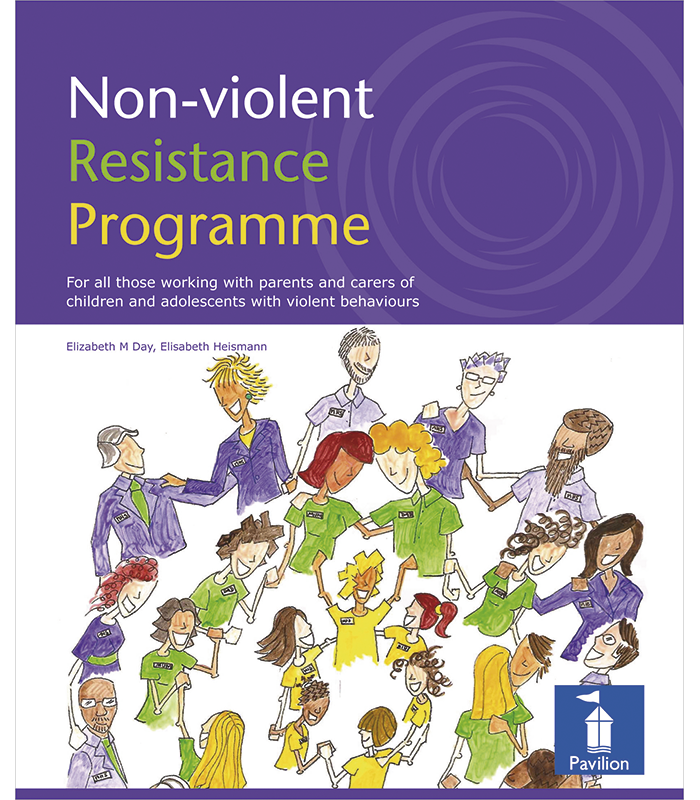
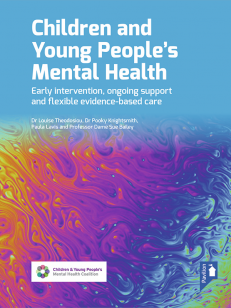
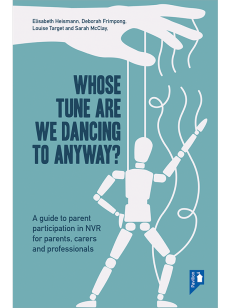
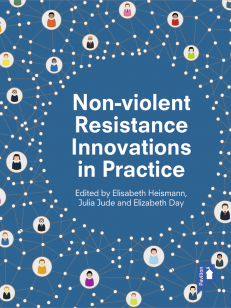
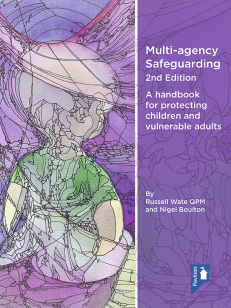
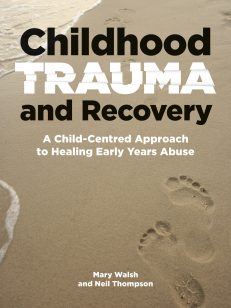
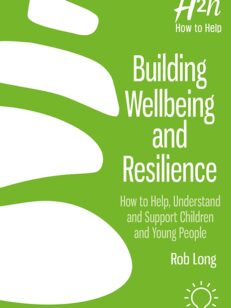
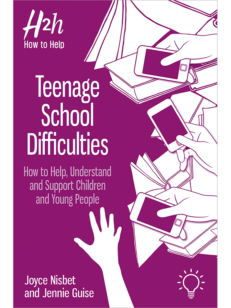
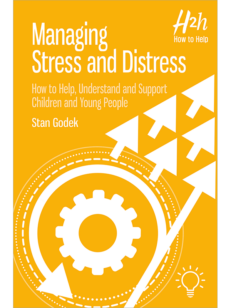
Reviews
There are no reviews yet.